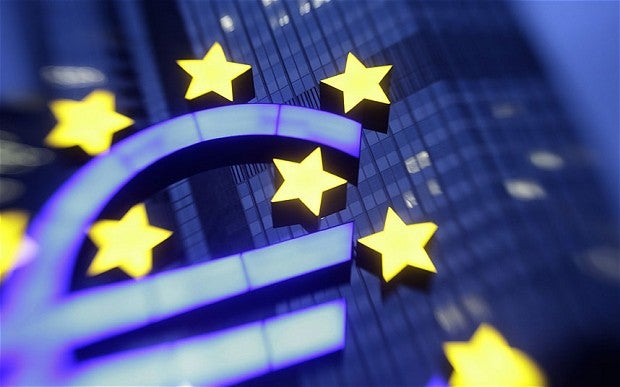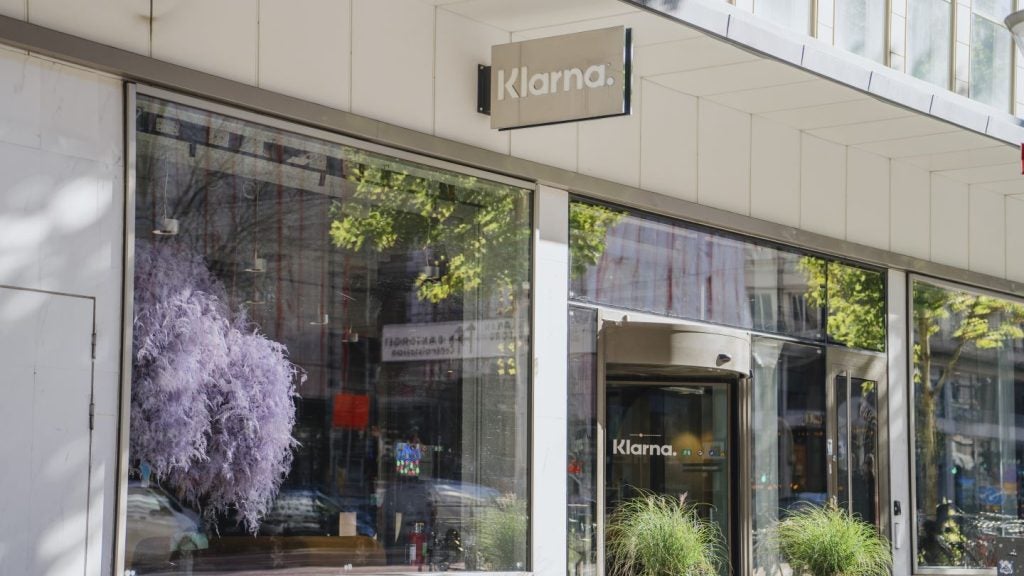
Twenty big European banks are getting ready to create a payment standard they hope will rival American giants like Visa or MasterCard.
A pan-European payment system is in the works, designed to challenge the perceived dominance of Visa and Mastercard as well as technology companies such as Google, Apple, AliPay and WeChat Pay.
How well do you really know your competitors?
Access the most comprehensive Company Profiles on the market, powered by GlobalData. Save hours of research. Gain competitive edge.

Thank you!
Your download email will arrive shortly
Not ready to buy yet? Download a free sample
We are confident about the unique quality of our Company Profiles. However, we want you to make the most beneficial decision for your business, so we offer a free sample that you can download by submitting the below form
By GlobalDataThe initiative, known as the Pan European Payment System Initiative (PEPSI), aims to handle all forms of cashless transactions.
According to the French business daily Les Échos, the launch will be announced this week, with 2 July being the most likely date.
Strong support from ECB and EC
The announcement, expected for several months, should specify the modus operandi of the project, including the creation of a common structure. A “scheme manager ” will be the central governing body overseeing the building of the infrastructure necessary for the success of the new European interbank.
The latter aims to eventually replace national schemes, such as the Cartes Bancaires (CB) group in France, while relying on the already existing players.
The European payment system TIPS (Target Instant Payment Settlement), launched in 2018, has the backing of both the European Central Bank (ECB) and the European Commission.
The financial institutions sponsoring the project include all the major French banks, Deutsche Bank and Commerzbank in Germany, Santander in Spain or Banca Intesa Sanpaolo in Italy.
This has been tried before
PEPSI will create a new European standard to process card payments, but also execute transfers, instant or mobile payments, without going through the American acceptance networks Visa or MasterCard.
The project aims to fully integrate the new usage patterns of European consumers in terms of payments. It is therefore structured around three parts:
Card or transfer transaction in instant payment mod; the Request-to-pay service which allows the beneficiary to send a request for payment to the debtor, and which has just been launched; and finally the electronic wallet which combines both the card and the Request-to-pay on a mobile.
European banks have tried something like this before.
A similar initiative, the Monnet project, was launched back in 2012 but failed. Notably, the project came up against the reluctance of the European Commission, which was hostile to any movement likely to erode free competition at the time.








